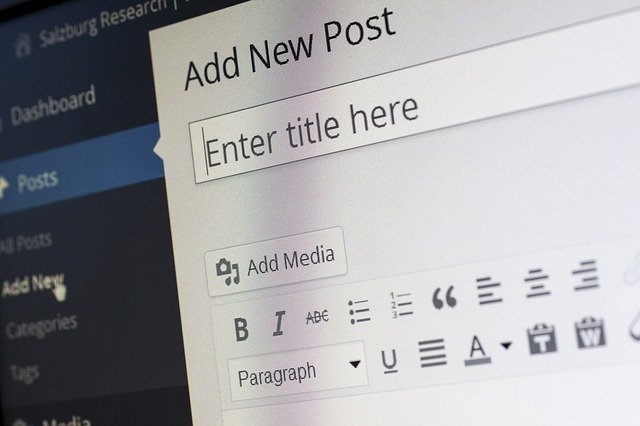A Beginners Guide to Inbox Deliveries
by
bizdude
Posted on 18-01-2022 10:58 PM

A Beginners Guide to Inbox Deliveries: We’ve talked about blacklisting, so I wanted to spend some time looking at where the rubber meets the road in terms of email delivery: the ISP inbox.
To be clear, for consumer-facing projects, there are four big ISPs that manage the majority of user inboxes.
MSN/Hotmail.
 Yahoo Mail.
Yahoo Mail.
GOAL Mail.
Gmail.
What Does All of This Mean?
Essentially, until each of these email platforms communicates your message to the primary folder, your email campaign will be significantly underutilised.
What causes an email to be routed to a bulk/spam folder?
All of these ISPs provide a report spam button that allows their customers to report spam. The ISP uses these responses to create an account for your email. Customers who report your email as spam will most likely cause you trouble.
What can I do to avoid developing ISP Spam complaints?
AOL recommends keeping spam issues to less than 1-3 per cent of website traffic, depending on volume. This figure is unique to AOL’s user base; it is also generous when used as a primary criterion. Be at or below the 0.013 per cent threshold of one issue every 6,000 to 8,000 messages.
Problems should be minimised.
The tactics used to gather e-mail addresses are always the first step in minimising difficulties. It should be obvious by now that sending unwanted emails simply gets you into trouble.
Spam filtering switches in email systems provide it at the inbox level. A recipient merely needs to read the subject lines and decide which messages to keep and which to delete as soon as possible. Consider using your company or newsletter name in brackets at the beginning of your subject lines.
Consider including unsubscribe instructions at the top of your email, in addition to the footer. Some users utilise the “report spam” button to unsubscribe and will not navigate through an entire message to discover that link.
Include instructions on how customers can whitelist your domain.
Provide a selection update web page. Explain how and how frequently your organisation will use a customer’s e-mail address. Allow customers to select preferences on the opt-in form, and connect from email to a preference or account update web page.
Avoid using flashy, bold typefaces, such as huge, red letters, and the like. A neat, clear approach is less likely to be misinterpreted as spam.
Do not communicate via e-mail. If recipients expect to receive a handful of informational e-mail messages from your company each month, don’t start sending two or three weekly.
Sending out unexpected emails is not a good idea. If a client signed up for your “Trends & Tips” e-newsletter, don’t send them hard-sell shopping messages unless they specifically requested them.
Include opt-in details. When possible, include information in your e-mail admin area such as the subscriber’s e-mail address, date of opt-in, and how she maybe subscribed (product registration, white paper download form, sweepstakes access, etc). With some clients receiving dozens of commercial e-mail messages every day, it’s easy to forget to sign up for your newsletter—and then file a complaint.
What can I do to check the deliverability of my ISP?
We recommend that you utilise a solution like EmailReach. Their trial is completely free and will tell you where you stand in about 5 minutes.
http://www.emailreach.com/default.aspx.
Following these guidelines should help you avoid being bulk folders by the major ISPs.
With a record spam switch, all of these ISPs enable their consumers to report spam. You will have problems if people report your email as spam.
AOL recommends limiting spam complaints to 1-3 per cent of website traffic, depending on volume. Mail systems with spam complaint buttons provide it at the inbox level. A clean, clear approach is less likely to be misunderstood as spam.
The post A Beginners Guide to Inbox Deliveries appeared first on https://gqcentral.co.uk





Comments are closed